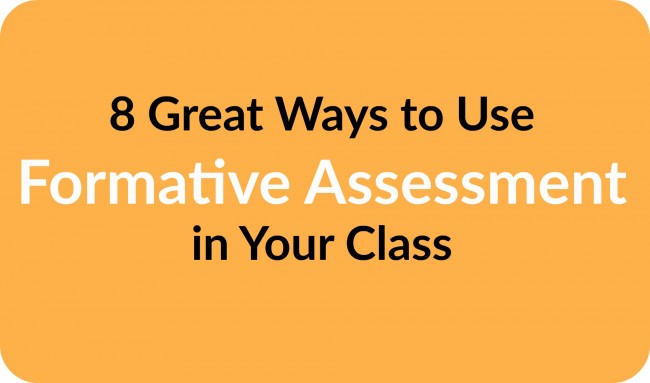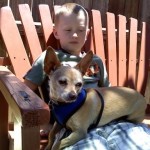
- Use pre-assessment formative activities before beginning a unit. Assess where your class is as a whole. Use this information to decide where to begin and to see who might need extra help, and who might be ready for advanced work. Look at each activity carefully and change or add to any idea before making copies for the class. This will ensure the assessment will work best for each situation. This is true for all types of formative assessments.
- Use pre-assessment formative activities to discover students who might need instruction outside the time in the regular classroom. Find time to meet with these students before starting a new unit or send home enrichment activities the student can do to help prepare him or her for the new standard.
- Use the formative assessment activities to help form your lesson plans. Do not spend time teaching what your students already know; use the formative assessment activities to help you see which standards need the most time.
- Use formative assessment as rewards. Create incentive charts for students. Give incentives or custom vinyl stickers to students who do well on the assessments. Have an agreed-upon reward as individual students complete their charts.
- Use formative assessment to gather information about your students. Find out how much your students remember from a previous year or even a previous unit to help you plan your lessons.
- Use formative assessment for participation grades, not completion grades. Formative assessments show the teacher what a student knows at a certain point in the lesson; summative assessments show what a student knows at the end of the instruction.
- Use formative assessment to gather information about the various learning styles of the students in the classroom. Use the information to help create differentiated instruction so that all the students can be successful while still adding rigor to the lesson.
- Use formative assessment to know when it is time to give a summative or graded assessment. Mastery of formative assessments gives the teacher a clear understanding of when to move to the next standard.
Find out how to create a helpful Formative Assessment Chart based on Marzano Scales on your whiteboard here.

